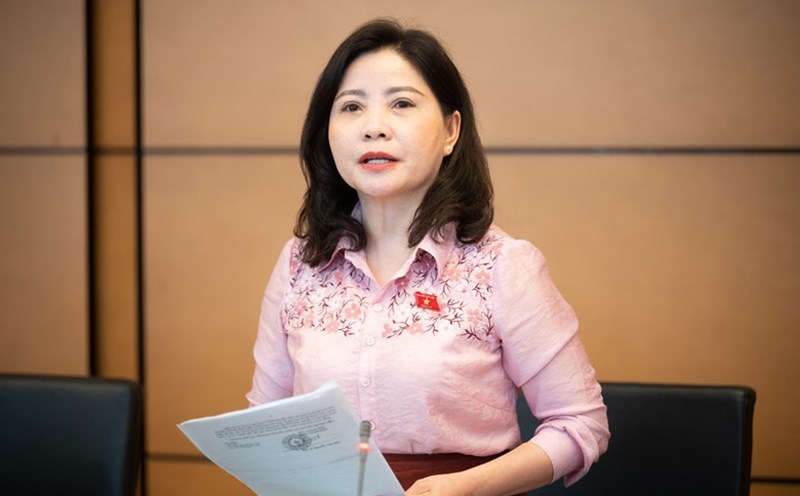The waiter replied: "33,000 VND is equal to 10% VAT. If you need to get the bill, I can send it, but it is best for me to transfer money instead of cash.
Drinking coffee or eating a bowl of pho but still need a bill? This reminded me of a friend complaining that he went to work to pay for the hotel, took a red bill to go to the payment agency, the hotel staff were busy demanding an additional 10%, otherwise they would be determined not to issue the bill.
The stories surrounding invoices from cups of coffee, bowls of ice cream, hotel money, a party... turn out to be not simple.
Many people have the mentality of buying a few small items, eating a meal, drinking a cup of coffee - "why take the bill to make it cumbersome". But that creates conditions for sellers to not declare enough revenue, evade taxes, and distort competition in the market. Not only does the State lose revenue. Consumers also lose the right to protect themselves. Without invoices, service users will have difficulty complaining and claiming rights if goods are faulty or services have problems.
Try to imagine: If you buy an electronics product without a bill, when it breaks down, will the manufacturer accept the warranty? If you eat in a restaurant with a food hygiene and safety incident, without an invoice as evidence, it will be very difficult to file a lawsuit.
Current new regulations on taxes such as eliminating contract tax to implement declaration tax or having to use electronic invoices generated from cash registers are to create a transparent and fair environment in tax obligations.
There are many stores that try to "evad taxes" by having other content recorded if customers transfer money to avoid being "exposed", or secretly receiving cash to avoid recording revenue.
This is an act that shows signs of fraud, is an appropriation of the budget, and is unfair to the same people who are honest and pay taxes in full.
It is time for each citizen to understand that taking invoices and paying without cash is not only a right but also a responsibility of citizens.
Cashless payment is what creates a transparent " trace" for each transaction. That is a way for the State to control cash flow more effectively, prevent tax loss, and prevent money laundering. And it is also a way for each consumer to easily review and compare when needed.
Not to mention, when paying cashlessly and getting invoices in parallel, you also help create pressure for sellers to do business seriously and declare correct revenue.
A transparent and fair economy cannot only rely on the efforts of state management agencies. Every consumer must be a responsible consumer.
Don't just think about "why take a bill?". Taking invoices is to help society fight tax losses, helping the State have more resources for infrastructure, healthcare, and education. That is also a way to protect one's legitimate rights.
From July 1, the Law on Value Added Tax 2024 will officially take effect, replacing the Law on VAT 2008. One of the important changes is the regulation requiring non-cash payments to be deducted from input VAT. In other words, from July 1, 2025, all transactions, regardless of large or small value, are required to be transferred if they want to be deducted from VAT.
This is a provision for business households and enterprises to be forced to conduct non-cash transactions.
As for people, thoroughly taking invoices and not using cash when paying is a small habit that has great value.








